JFK by J Randy Taraborrelli – 11 Explosive Truths That Will Reshape Your Beliefs
Few political figures continue to fascinate and polarize the world like John F. Kennedy. In JFK by J Randy Taraborrelli, we are offered a piercing, detailed, and deeply human look into the public triumphs and private tragedies of one of America’s most enigmatic leaders.
This masterful biography redefines how we remember JFK. It challenges sanitized legacies and exposes vulnerabilities that history often overlooks. For readers seeking more than hero worship or political nostalgia, JFK by J Randy Taraborrelli is a profound journey into the soul of a president who defined an era—and whose myth still lingers.
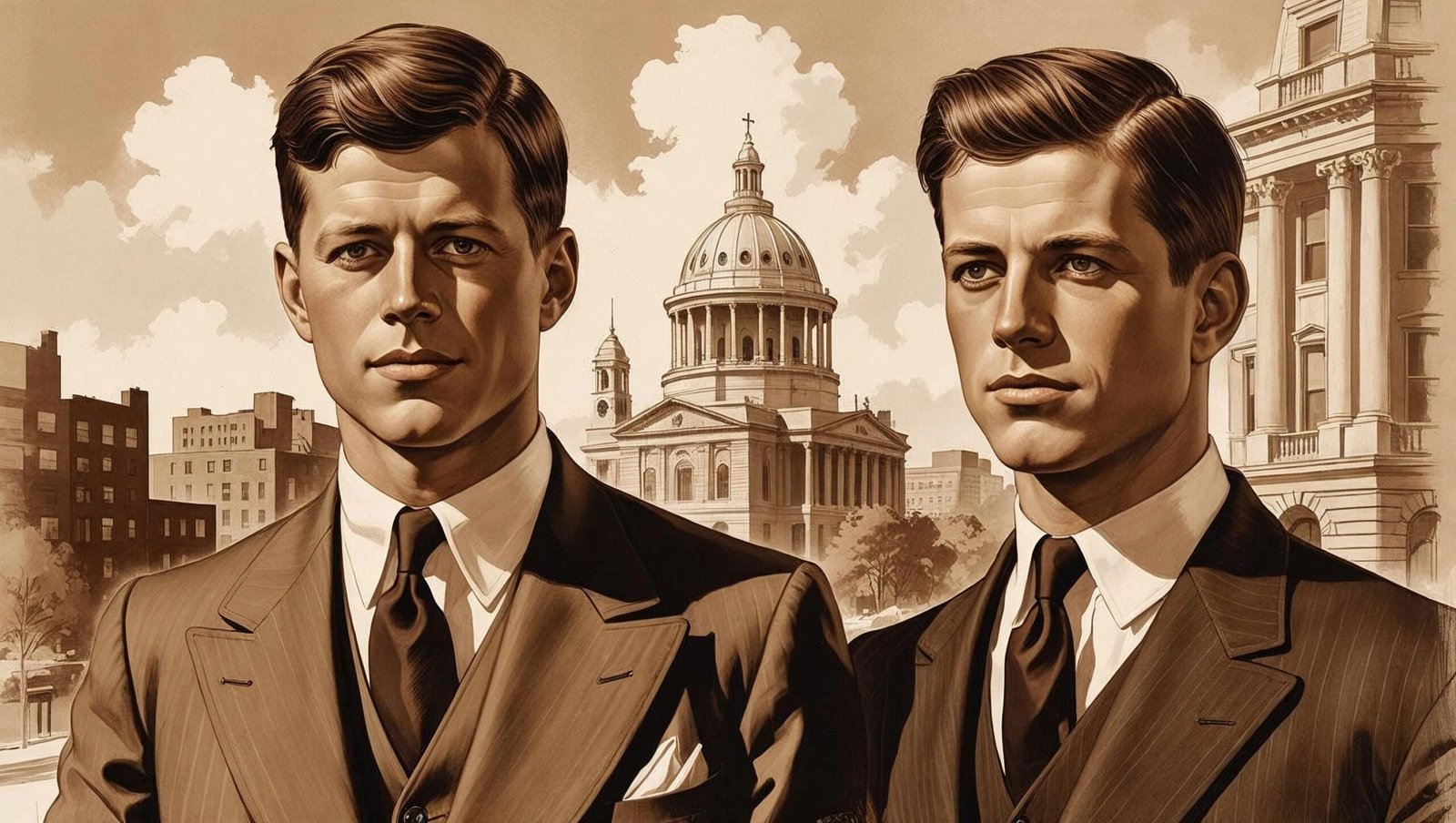
1. A Two-Decade Quest for Truth
What sets JFK by J Randy Taraborrelli apart is not just its content, but the commitment behind it. Taraborrelli spent over 20 years researching, cross-referencing FBI files, presidential archives, and conducting more than 100 new interviews. The depth of investigation gives the biography an unmatched credibility.
Rather than embellishing or mythologizing, Taraborrelli’s work in JFK by J Randy Taraborrelli deconstructs JFK’s life—layer by layer—until what remains is a man as broken as he was brave, as calculating as he was charismatic.
2. A Body Betrayed: JFK’s Hidden Health Struggles
Among the most startling revelations in JFK by J Randy Taraborrelli is the extent of the President’s medical suffering. While his charm and youthfulness dazzled the media, JFK lived with chronic, near-debilitating health issues.
Addison’s disease, spinal ailments, and persistent gastrointestinal problems plagued him throughout his career. Taraborrelli unpacks a disturbing list of medications—ranging from steroids and painkillers to tranquilizers and amphetamines—that JFK took just to stay functional.
JFK by J Randy Taraborrelli frames these revelations not as weaknesses, but as testaments to his resilience and willpower in times of national and international crises.
3. Joe Kennedy Sr.: Architect of Ambition
In JFK by J Randy Taraborrelli, JFK’s father is a towering, almost Shakespearean figure. Joe Kennedy Sr., often described as controlling and manipulative, emerges as both visionary and tyrant. His unrelenting pressure to build a political dynasty shaped much of JFK’s public persona.
Private letters and family correspondence included in JFK by J Randy Taraborrelli unveil how JFK often doubted his own capabilities but felt bound to fulfill his father’s grand expectations. The emotional and psychological toll of that obligation is explored in heartbreaking depth.
4. Jackie Kennedy: The Elegant Strategist
Jackie Kennedy, so often reduced to a fashion icon or grieving widow, is presented in JFK by J Randy Taraborrelli as a sharp, complex woman. Their marriage—often speculated upon—was more strategic than sentimental, more resilient than romantic.
Despite enduring repeated infidelities and the constant glare of the public eye, Jackie emerges as JFK’s most trusted political advisor in certain critical moments. According to JFK by J Randy Taraborrelli, it was Jackie who often soothed diplomatic tempers and upheld the illusion of a perfect presidency.
5. The Many Women: Affairs, Risks, and Secrets
Taraborrelli does not shy away from JFK’s romantic entanglements. From Marilyn Monroe to numerous White House staffers, the president’s affairs are examined not for gossip value, but for their political implications.
In JFK by J Randy Taraborrelli, we learn that many of these relationships were monitored by the FBI and CIA due to potential blackmail threats. The biography reveals how Jackie was fully aware of many of these dalliances but opted for discretion and self-preservation.
6. Bobby and Ted: Brotherhood and Political Firepower
Family was central to JFK, and JFK by J Randy Taraborrelli offers a compelling view into his relationships with his brothers. Bobby Kennedy is portrayed as JFK’s conscience, confidante, and closest political ally.
The duo’s intense behind-the-scenes discussions during the Cuban Missile Crisis highlight a fraternal trust that often outweighed formal cabinet deliberations. Ted Kennedy, though younger and less experienced during JFK’s presidency, is also woven into the narrative, showing early signs of his future political prowess.
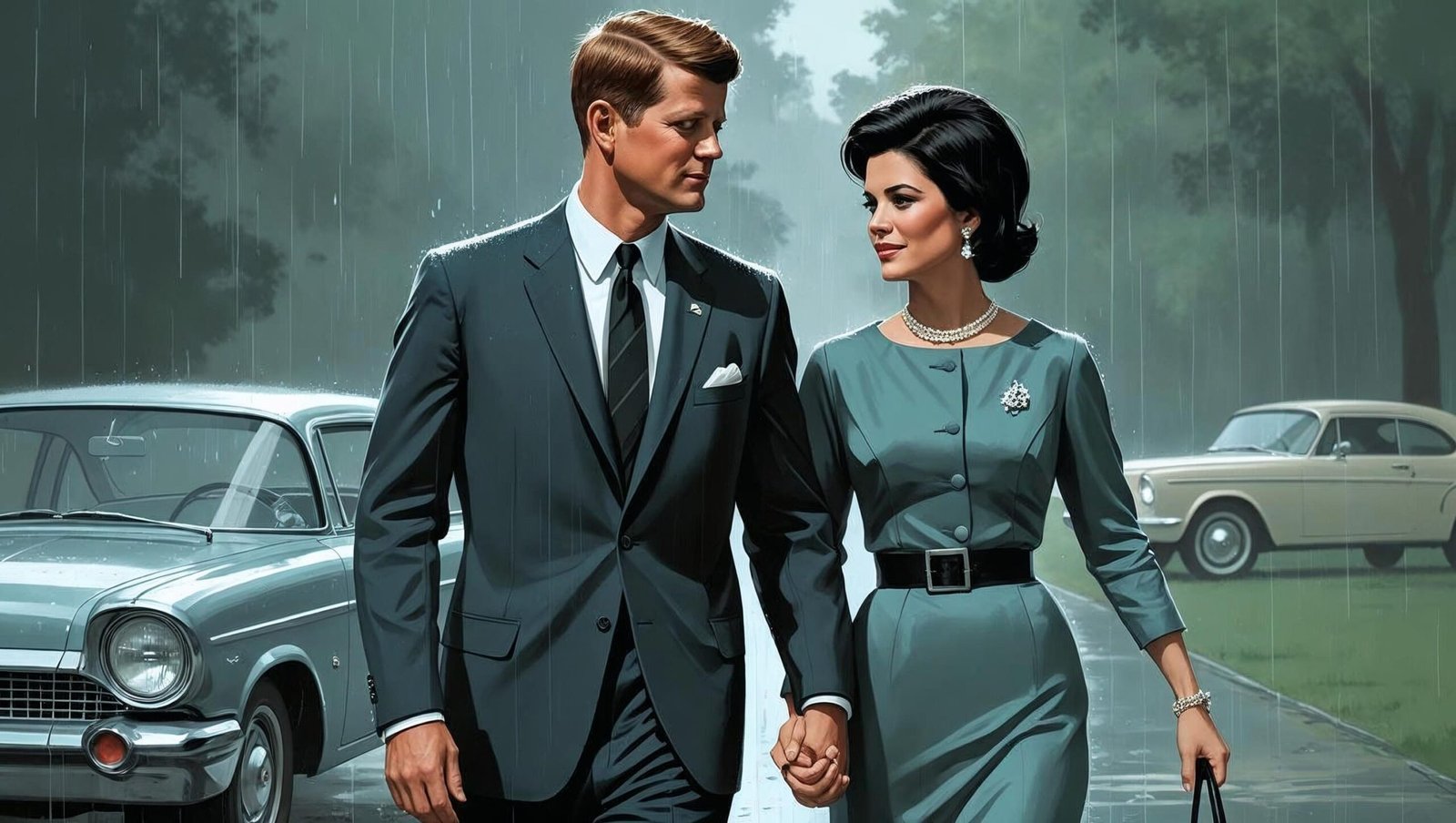
7. Media Manipulation and Mythmaking
The Kennedy presidency was America’s first true media presidency. JFK by J Randy Taraborrelli unveils the calculated use of television, photography, and print to craft the ideal presidential image.
Taraborrelli reveals secret arrangements with journalists, carefully staged interviews, and media blackouts to prevent damaging stories from leaking. The Kennedy administration’s grip over their image was iron-clad—almost Orwellian in its precision.
This manipulation helped birth the “Camelot” narrative, a term popularized after his death. But as JFK by J Randy Taraborrelli makes clear, that image was less a reflection of truth and more a masterclass in perception control.
8. Cuban Crisis: Courage Under Pressure
No moment tested JFK more than the Cuban Missile Crisis. JFK by J Randy Taraborrelli reconstructs the high-stakes meetings, phone calls, and moral quandaries that defined those 13 days in October 1962.
Behind the cool exterior, JFK was agonized by the possibility of nuclear war. He distrusted his military advisors and leaned heavily on Bobby for ethical clarity. Taraborrelli argues that JFK’s choice to negotiate rather than escalate may have saved the planet.
9. Assassination: The Emotional Fallout
While many books dwell on conspiracy theories, JFK by J Randy Taraborrelli focuses on the emotional aftershocks of the assassination. It recounts Jackie’s haunting return flight with JFK’s body, Bobby’s hollow grief, and the stunned silence that fell over the nation.
The book’s rendition of November 22, 1963, doesn’t dramatize the bullet—it illuminates the emotional implosion that followed it.
10. The Mental Health of a President
Perhaps the most poignant aspect of JFK by J Randy Taraborrelli is the attention to JFK’s mental health. Taraborrelli reveals that Kennedy suffered from long-standing depression, anxiety, and isolation.
These struggles are never framed as disqualifications but as integral to understanding his humanity. They are the silent battles behind every press conference smile and decisive order.
11. A Legacy Still Unsettled
In the closing chapters, JFK by J Randy Taraborrelli challenges readers to confront the paradox of Kennedy’s legacy. Was he a great leader, or merely great at seeming like one? Did the myth serve America more than the man?
The author doesn’t give definitive answers but instead urges readers to hold both truths: the visionary and the flawed, the savior and the sinner.
The Human Behind the Headlines
What JFK by J Randy Taraborrelli so skillfully accomplishes is that it takes us far beyond the headlines and heroic moments. It reminds us that JFK was, above all else, human. This is not a simplistic demystification, but a thoughtful excavation of truth layered beneath charm and choreography.
Taraborrelli doesn’t position himself as judge or jury. Instead, he assumes the role of a relentless historian, one who wants readers to experience the JFK saga in its raw, unfiltered form. By illuminating not just the triumphs but the torment, not just the myth but the man, he provides a biography that resonates emotionally, intellectually, and historically.
The additional insights and vignettes scattered throughout JFK by J Randy Taraborrelli do not overwhelm; they enrich. Each chapter brings us closer to the authentic John Fitzgerald Kennedy—one who often doubted his worth, feared failure, and leaned on those around him more than we knew.
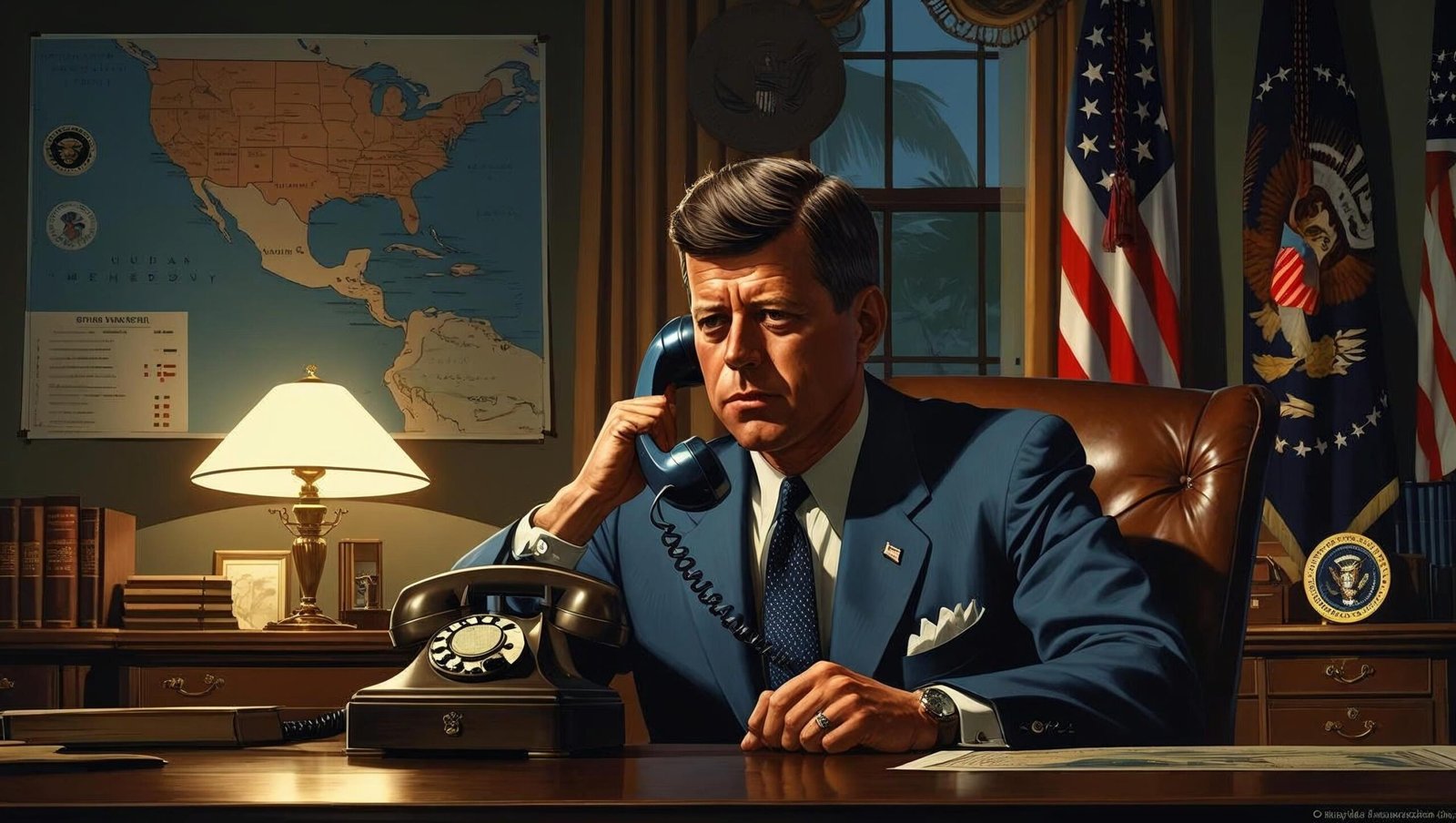
A Kennedy Among Kennedys: Complex Family Ties
The Kennedy clan has long been America’s de facto political dynasty, but JFK by J Randy Taraborrelli emphasizes that not even within his own family was JFK immune to comparison, criticism, or competition.
Jack’s elder brother Joe Jr. was initially groomed to be the family’s first president. His untimely death during World War II elevated Jack’s role, not necessarily by choice but by inherited obligation. The text reflects how this reshaped JFK’s relationship with both parents—particularly with Rose Kennedy, whose strict Catholic ideals often clashed with Jack’s independent temperament.
What Taraborrelli reveals is the intense emotional pressure JFK faced not only to survive but to shine within a household where failure was unacceptable. In this way, JFK by J Randy Taraborrelli portrays the Kennedy family as a crucible—one that forged greatness through equal parts affection and coercion.
Political Philosophy and Realpolitik
JFK was often perceived as a pragmatic centrist. However, Taraborrelli brings depth to that interpretation by showing how JFK’s ideology evolved in response to both personal experience and political necessity.
Early in his career, JFK’s political compass was malleable—shaped by his father’s conservatism and his own electoral ambitions. Yet, according to JFK by J Randy Taraborrelli, the presidency transformed him. Encounters with poverty, racism, and nuclear brinkmanship gradually matured his views.
Particularly noteworthy is how Taraborrelli unpacks JFK’s civil rights stance. While many criticized him for slow action, the biography shows he was strategically cautious—careful not to inflame southern Democrats too quickly while quietly pushing progressive policy behind closed doors.
The White House as a Stage
The Kennedy administration was not just a political operation—it was a cultural revolution. From televised debates to international diplomacy, optics became integral to governance.
JFK by J Randy Taraborrelli outlines how Kennedy and his inner circle orchestrated an administration that resembled a Broadway production more than a conventional presidency. Every detail—right down to furniture placement in press rooms—was curated for image-building.
The White House became both command center and catwalk. Artists, writers, and intellectuals were invited not as mere guests, but as symbolic validators of Kennedy’s vision for an enlightened America. Taraborrelli emphasizes how this blending of politics and performance defined not just a presidency but a new era in American culture.
Church, Faith, and Doubt
One underexplored dimension that Taraborrelli masterfully tackles is JFK’s Catholicism. As the first Catholic president, his religious identity played a crucial role both symbolically and politically.
Yet JFK by J Randy Taraborrelli also uncovers JFK’s complex relationship with faith. Though baptized, confirmed, and frequently photographed at Mass, he often wrestled with religious doctrine privately. His confessions to priests, discussions with theologians, and inner crises of belief are examined not with judgement but compassion.
Taraborrelli suggests that faith, for JFK, was not a sanctuary but a struggle—a source of grounding, yet never entirely comforting. This duality offers readers a more human, vulnerable perspective of a leader often deified by history.
Diplomacy and the Art of Ambiguity
A fascinating insight in JFK by J Randy Taraborrelli is how the President mastered the art of diplomatic ambiguity. Whether dealing with Khrushchev, de Gaulle, or Castro, JFK frequently used vagueness as a strategy—keeping adversaries uncertain and allies flexible.
One compelling case is the back-channel negotiations with the Soviets during the Berlin crisis. According to Taraborrelli, JFK used a combination of personal charm, strategic silence, and controlled leaks to shape international perception without committing to rigid stances.
This nuanced portrayal highlights how diplomacy for JFK wasn’t just about treaties and talks—it was about performance, poise, and psychological maneuvering. JFK by J Randy Taraborrelli argues that these qualities helped avert catastrophes and solidified American leadership abroad.
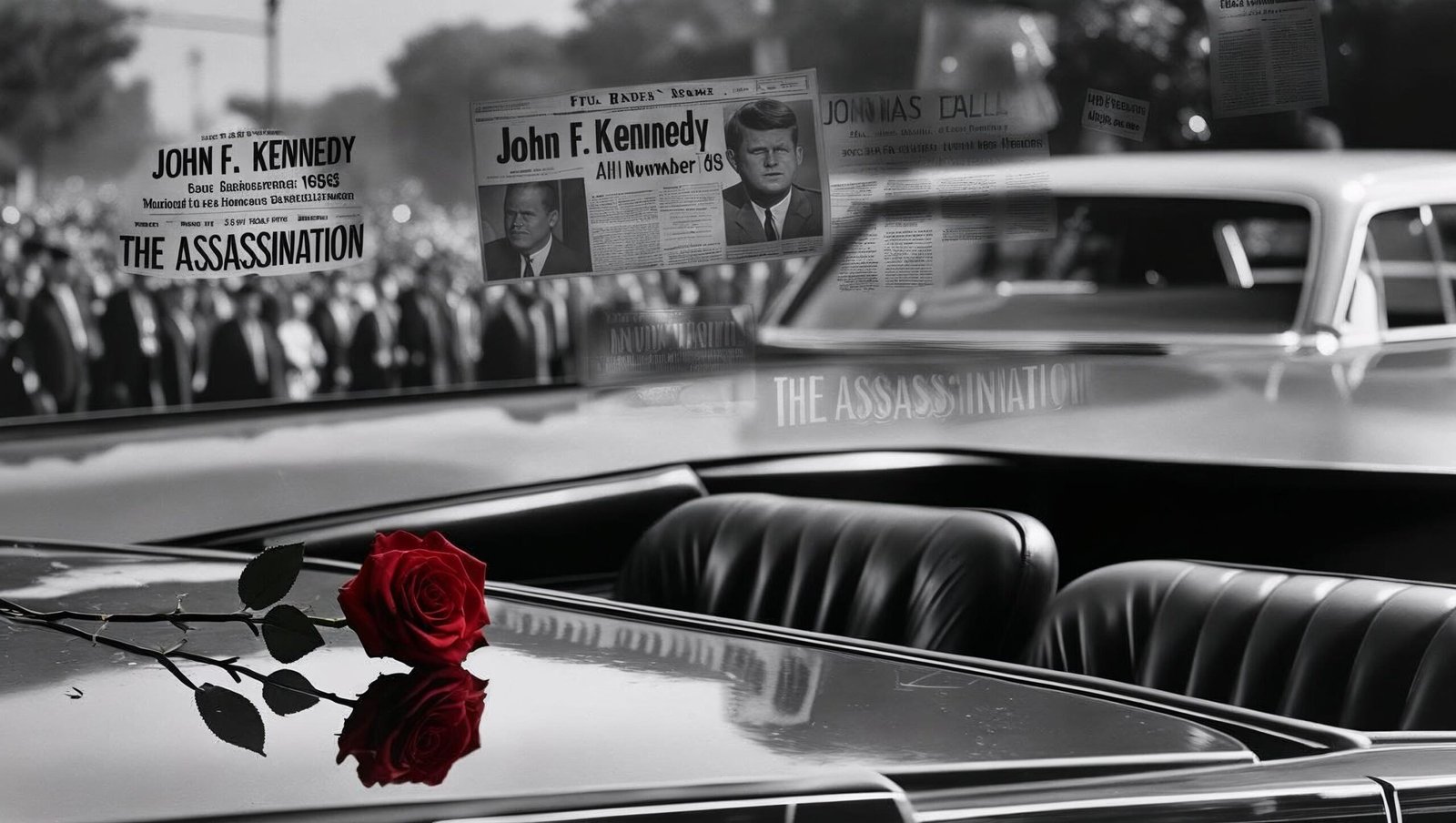
Humor as a Weapon and Shield
JFK’s wit is legendary, but JFK by J Randy Taraborrelli explores how that humor was more than charm—it was often a psychological tool. Whether disarming journalists or diffusing military tension, Kennedy used levity to manipulate the tone and rhythm of conversations.
The biography features several anecdotes where humor functioned as subtle rebuke or evasive maneuver. For example, when confronted with difficult moral or political dilemmas, JFK often replied with ironic quips—diverting attention while buying time.
Taraborrelli posits that humor, for JFK, was both sword and shield. It masked insecurity, projected confidence, and disarmed critics without drawing blood.
A Lost President, A Lasting Symbol
Even decades later, the Kennedy mystique endures. What JFK by J Randy Taraborrelli makes clear is that much of that mystique was meticulously constructed—not by chance but by calculation.
JFK became a symbol of promise, of youth, of possibility. And yet, as the biography insists, that symbol came at a cost. The real man—ailing, conflicted, deeply imperfect—was often hidden beneath the surface.
It is precisely this duality that JFK by J Randy Taraborrelli confronts with unflinching honesty. In doing so, it offers us not just a better biography, but a better understanding of the burdens of power, the illusions of history, and the resilience of one man caught between myth and mortality.
Influence on Popular Culture
Taraborrelli doesn’t ignore JFK’s cultural imprint beyond politics. The biography explores how Kennedy shaped everything from fashion and architecture to journalism and film.
After JFK, the idea of presidential charisma changed forever. His televised press conferences set a new precedent for public engagement. His fashion choices became global statements. Even his children’s photos redefined the concept of the “First Family.”
In JFK by J Randy Taraborrelli, these cultural reverberations are treated as critical components of his legacy—not mere trivia. The Kennedy White House became a brand, and JFK its most enduring symbol.
Gender, Power, and Perception
A particularly modern lens applied by Taraborrelli is the intersection of gender and power. JFK’s relationships with women—whether romantic, political, or familial—are dissected to reveal deeper insights into 20th-century masculinity and leadership.
Rather than condemning or excusing his actions, JFK by J Randy Taraborrelli seeks to understand how gendered power dynamics shaped JFK’s behavior and public reception. His appeal, vulnerabilities, and even his downfall were deeply intertwined with his image as a man in command of charm, yet often out of control in private.
This contemporary framing invites readers to reevaluate familiar narratives with a more critical, inclusive eye.
A Blueprint for Future Biographers
With its balance of storytelling, documentation, and emotional intelligence, JFK by J Randy Taraborrelli sets a new benchmark for political biographies. It is both educational and existential—a rare combination in the genre.
Future biographers will likely use this text as a cornerstone—not because it answers every question, but because it demonstrates how asking the right ones reshapes everything we thought we knew.
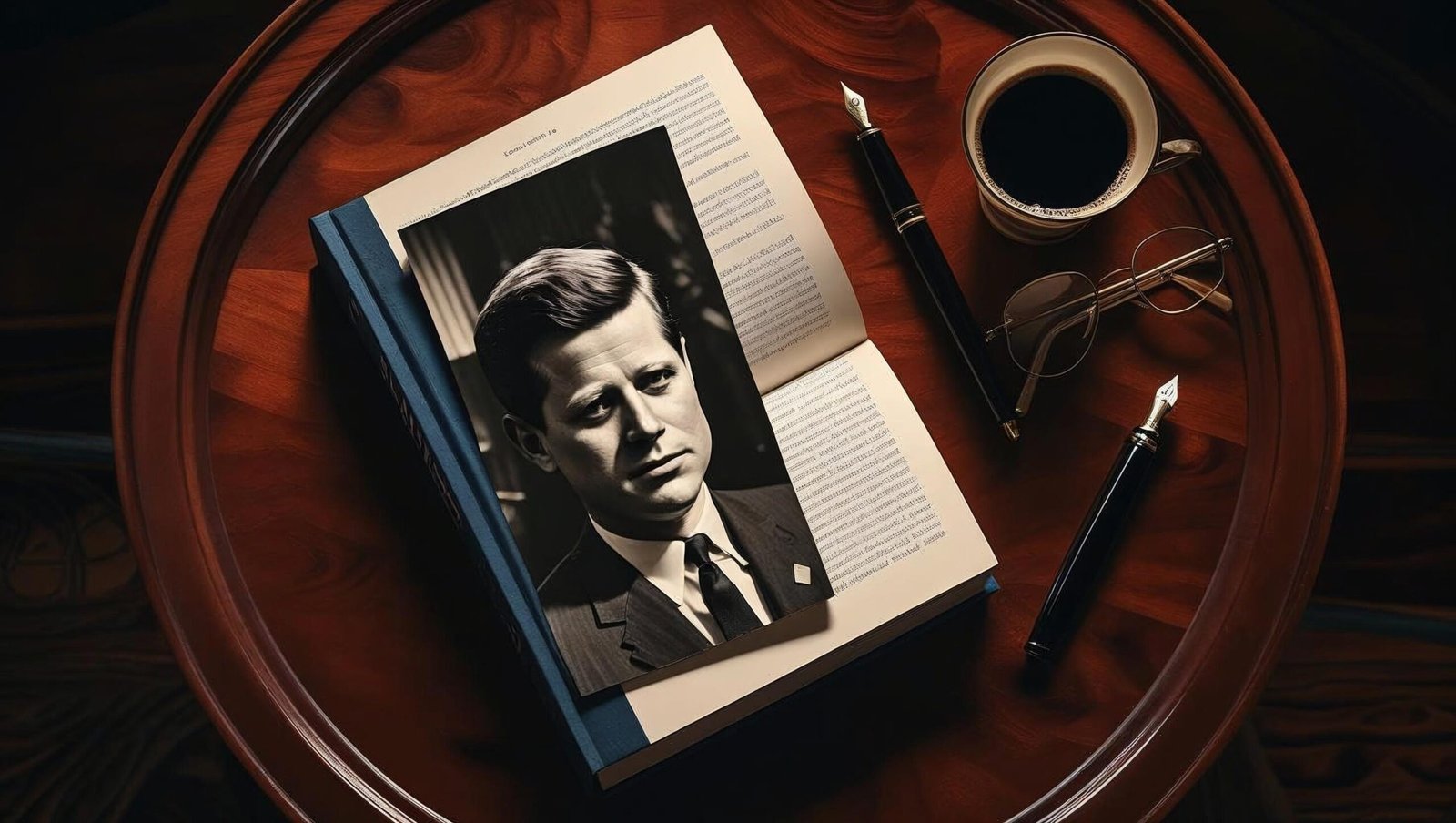
Final Reflections
In rereading JFK by J Randy Taraborrelli, one is reminded of the weight carried by those who lead—and the myths we construct to make their burdens feel lighter. The biography does not ask us to either venerate or vilify JFK. Instead, it offers a candid, multilayered portrait that celebrates complexity over certainty.
What makes this book unforgettable is not its revelations but its revelations of vulnerability. Behind every confident speech, historic handshake, and camera-ready smile was a man often unsure, frequently hurting, but always striving.
If history is, at its core, an attempt to make sense of the past, then JFK by J Randy Taraborrelli succeeds magnificently. It does not simplify; it deepens. It does not idolize; it illuminates.
FAQs
Q1. What makes JFK by J Randy Taraborrelli stand out among other JFK biographies?
Its 20 years of research, unique interviews, and psychological insight distinguish it from traditional political biographies.
Q2. Does the book glorify JFK or provide a balanced perspective?
It offers a balanced, sometimes brutally honest portrayal, humanizing JFK while appreciating his achievements.
Q3. Is the book appropriate for those new to JFK’s life?
Yes, JFK by J Randy Taraborrelli is accessible to general readers while still providing deep insights for history enthusiasts.
Q4. Does it discuss JFK’s personal relationships in detail?
Absolutely. His marriage, affairs, and family dynamics are explored thoroughly and respectfully.
Q5. Are the revelations in the book verified?
Yes. The book is heavily sourced from declassified documents, FBI files, and verified interviews.
Conclusion
JFK by J Randy Taraborrelli is more than a biography—it is a mirror held up to a myth. It forces us to look past nostalgia and confront the man who lived, suffered, loved, and governed under the weight of impossible expectations.
Whether you admire JFK or view him with skepticism, this book will leave you reevaluating what you thought you knew. It is not merely the story of a presidency—it is the story of a profoundly human struggle between public greatness and private turmoil.
For more detailed book reviews and historical insights, visit shubhanshuinsights.com. Your voice matters—leave your thoughts in the comment section.
💬 Sample Reader Comments Section Suggestions:
-
“The revelations about JFK’s health and mind blew me away. Truly eye-opening.”
-
“This review convinced me to read the book. Great insights!”
-
“Taraborrelli has changed the way I look at American history.”
-
“Beautifully written summary. Raw, honest, and informative.”
-
“shubhanshuinsights.com is now my go-to for book reviews!”